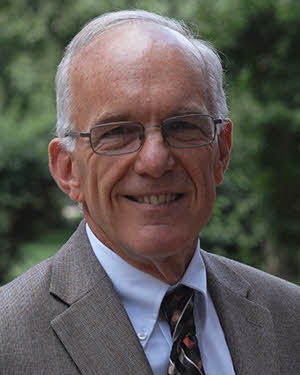
The materials that I was asked to work with were all dead! In 1972, my college adviser asked if I’d be willing to assist him on a project. The focus was on organic gardening and a main task was to make compost. While this job may not appeal to many, I was eager to sign on to the undertaking.
So I built large bins out of recycled wood, gathered huge piles of leaves and shredded plants. All the dead material was mixed together – and slowly wonderful compost emerged that was used extensively in the gardening project the next growing season. It was amazing to see the results. How was it possible that dead material could produce such a life-giving product?
I was convinced of the value of this process. Not only did I believe in the concept of composting, I have chosen to practice it ever since. As I write, I know there are two large compost piles in my backyard slowly turning into something of great value to my garden. One pile is two years old and will be used this spring. The other one has a year to go before it is ready to add its energetic boost to my vegetables, berries and fruit trees.
The metaphor of compost is very fitting in this fourth week of Lent. It is often hard to understand how death leads to life, why healing comes with a price, and how foolishness leads to redemption. As I reflect on my years of working with compost, I know the vibrancy of a plant will end each season. Yet by skillfully working with that dead matter, a product will emerge of great significance for the next generation of plants. As I spread compost, I know I am adding health to the soil. This is a kind of redemptive foolishness!
Like the nurturing qualities of compost, may you find healing in the words of this week’s lectionary Scripture passages:
• “Wondrous works for all people” – Psalm 107:1-3, 17-22
• “Look at it and live” – Numbers 21:4-9
• “We are God’s accomplishment” – Ephesians 2:1-10
• “Light came into the world” – John 3:14-21
And sign on to the life-giving healing of the Creator, Redeemer and Sustainer.




